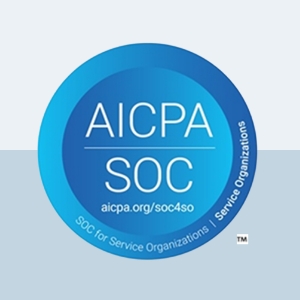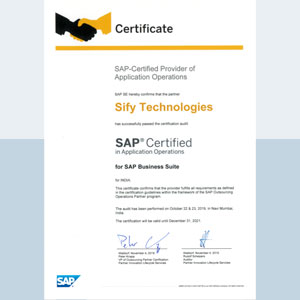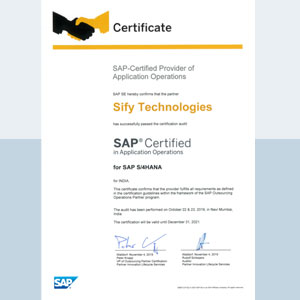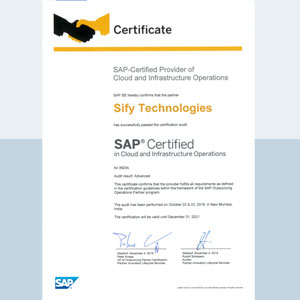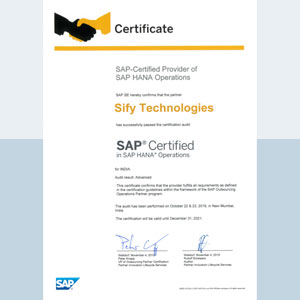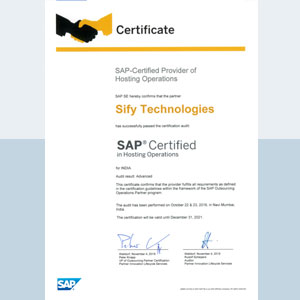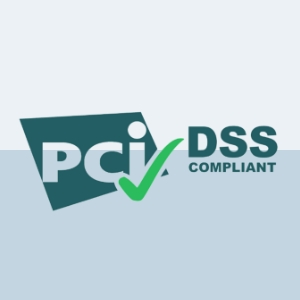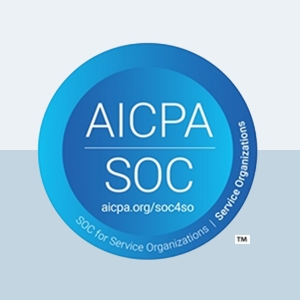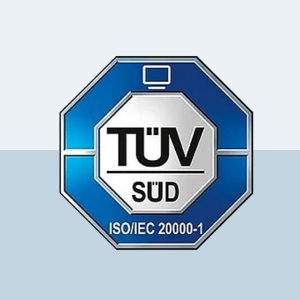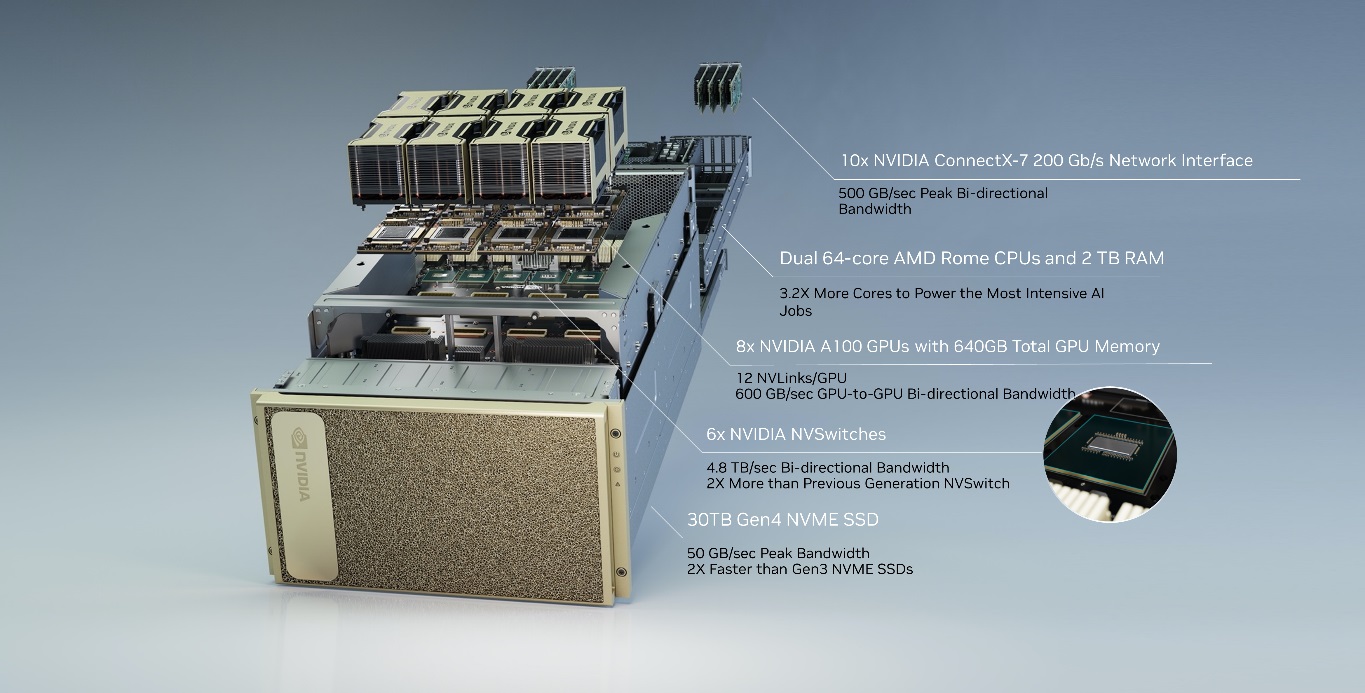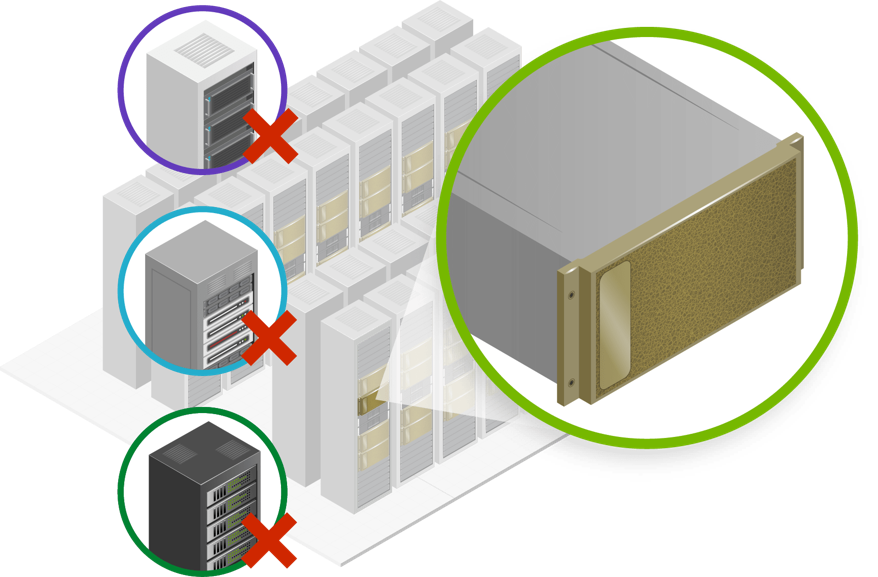Legacy IT in UK healthcare is more than outdated technology – it’s a strategic liability. Across the private healthcare sector, digital transformation is accelerating, driven by cloud-native platforms, integrated data ecosystems, and AI-powered tools. Yet many providers remain anchored to legacy infrastructure that silently erodes efficiency, security, and innovation.
But for many private UK healthcare companies, legacy IT infrastructure remains a silent anchor. These outdated systems, often patched together over years, are not just inefficient; they’re actively stopping growth. The hidden costs of legacy IT go far beyond maintenance fees or slow performance. They impact compliance, security, innovation, and ultimately, the quality of care.
Modernisation isn’t a luxury; it’s a strategic imperative. Ffor IT leaders, the right strategy can turn disruption into opportunity.
Why Legacy IT in UK Healthcare Is Holding Providers Back
Legacy IT systems often linger because they’re familiar. They’ve been customised, extended, and kept running through sheer effort. But beneath the surface, they’re quietly eroding the agility and resilience that modern healthcare demands.
-
Operational Inefficiency
Legacy IT is rarely designed for the speed and complexity of today’s healthcare demands. They slow down processes, create bottlenecks, and force users to manually bridge gaps between siloed systems. It delays care, increases administrative overhead, and reduces the time clinicians can spend with patients.
-
Security Vulnerabilities in a Connected Ecosystem
As healthcare becomes more connected with remote monitoring, wearable devices, and digital patient portals, legacy IT becomes a soft target. These systems often lack real-time threat detection, endpoint protection, or compliance-ready frameworks to handle the complexity of modern cyber threats. A single breach can damage trust and regulatory standing.
-
Innovation Bottlenecks
Launching AI diagnostics, integrating national health data, or launching a patient engagement app? Legacy IT infrastructure turns these into uphill battles. Without cloud-native compatibility or scalable data architecture, every new initiative becomes a costly workaround.
-
Unseen Financial Drain
The financial impact of legacy IT hides in licensing fees, specialist support, downtime, and lost productivity. It also shows up in missed opportunities such as projects delayed, partnerships stalled, and services that never reach market. Every hour spent maintaining outdated systems is an hour not spent improving care or growing the business.
What Modernisation Looks Like in UK Private Healthcare
Modernising legacy IT in UK healthcare doesn’t mean starting from scratch. It means building a resilient, scalable foundation that supports growth, compliance, and innovation.
-
Cloud-Enabled Infrastructure
Whether through hosted private cloud, public platforms like Azure or AWS, or hybrid models, cloud migration unlocks agility. It enables remote access, faster deployment, and flexible scalability. For UK healthcare providers, it means being able to respond quickly to changing user needs, regulatory updates, or market opportunities. Cloud infrastructure also supports disaster recovery, data redundancy, and secure access; critical for maintaining continuity in clinical operations.
-
Breaking Down Data Silos
Modern systems support seamless data exchange across departments, devices, and even external partners. This interoperability reduces friction, improves decision-making, and enhances user experiences. Instead of fragmented records and manual data entry, IT leaders can enable real-time insights, predictive analytics, and coordinated care pathways. It’s about turning data into action.
-
Managed Security Services
Security in healthcare isn’t just about firewalls; it’s about proactive, continuous protection. Managed services like SIEM-as-a-Service, endpoint detection, and compliance monitoring help safeguard patient data and connected endpoint devices. These services need to be tailored for UK healthcare environments, ensuring that security doesn’t slow down processes but instead enables them.
-
Automation & Managed IT Operations
Routine tasks like patching, monitoring, backups can be automated or outsourced. This improves uptime, reduces overhead, and frees internal teams to focus on strategic initiatives. Managed services also bring expertise and scalability, helping UK healthcare providers stay ahead of regulatory changes, technology trends, and patient expectations.
Why Modernising Legacy IT in UK Healthcare Matters Now
The UK private healthcare sector is evolving rapidly. Patients expect digital-first experiences. Regulators demand robust data governance. And competitors are investing in innovation.
Standing still isn’t neutral; it’s falling behind.
Modern IT infrastructure enables:
- Faster innovation cycles: Launch new services, apps, and integrations without delays.
- Improved patient outcomes: Enable data-driven care and real-time decision support.
- Stronger compliance posture: Meet GDPR, NHS DSPT, and other regulatory requirements with confidence.
- Scalable growth: Expand services, locations, and partnerships without IT bottlenecks.
Legacy IT is more than outdated tech; it’s a strategic liability. Modernisation unlocks operational efficiency, clinical excellence, and scalable innovation. The cost of standing still is far greater than the investment in moving forward.
About Sify
Sify is an IT and Digital Services company that was formed in 1995 and Nasdaq listed since 1999. We help over ten thousand clients and partners improve business operational efficiency and deliver excellence globally.
Sify is a trusted IT partner helping healthcare organisations modernise infrastructure, secure data, and unlock innovation. Our services span cloud, security, data management, and AI—tailored for the unique needs of private UK healthcare companies.
Learn more about our services.
Let’s talk about how modern IT can transform your operations.
Book a call with our team today.
























